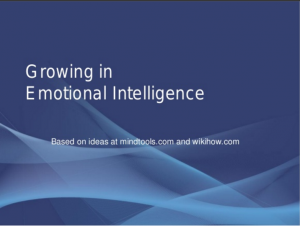It’s crazy that it is only gun dealers (businesses) who are required by federal law to perform background checks whereas private sellers are not. If criminals with a record know they wouldn’t pass a background check, of course they will buy their next weapon of choice from a classified ad . . .
“When private sellers don’t run background checks, people known to be dangerous can easily obtain guns, often with deadly consequences. For example, in 2012, a gunman killed three people, including his wife, and injured four others at a spa in Wisconsin, after buying a gun through a private seller he found online. The shooter was prohibited from purchasing guns due to a restraining order his wife had acquired against him, but was able to buy the gun anyway because the seller was not required to run a background check.
. . . .
“Researchers confirm that universal background check laws effectively improve public safety and save lives. Research has found that states with universal background check laws experience 48 percent less gun trafficking, 38 percent fewer deaths of women shot by intimate partners, and 17 percent fewer firearms involved in aggravated assaults. States with universal background check requirements also have a 53 percent lower gun suicide rate, and 31 percent fewer suicides per capita than states without these laws. This correlation is unchanged even after controlling for the effects of poverty, population density, age, education, and race/ethnicity.”
–http://smartgunlaws.org/universal-gun-background-checks-policy-summary/
I’ve heard the argument made that stronger gun laws will not prevent criminals’ access to guns but rather will only keep guns away from law-abiding citizens who have a right to self-defense. I agree that laws banning or restricting specfic items are not 100% effective at preventing illegal access to all such items, but if they are effective at preventing even ONE preventable death by murder, isn’t the effort to create such laws worth it?
I will be the first to admit, however, that we cannot force citizens to grow morally and ethically simply by creating laws forbidding immoral and unethical behaviors. (The God of the Ten Commandments was apparently a little naive on that front . . . ) Rather, it is the heart that must be won over to the goodness and rightness of a behavior (or other standard) that will encourage individuals’ willing compliance. Case in point: I am guilty of breaking the speed limit frequently. There are times, however, when for some reason I start thinking about why a speed limit has been set, why it makes sense, why lives are at stake when that speed limit is broken . . . and such thoughts encourage me to slow down.
So maybe in addition to looking into the reasonableness of stronger gun control laws, we need to also (or especially) be talking about the desirability of managing one’s anger, managing one’s stress or anxiety levels, detecting and seeking help for mental ill health (in self or others), sharing success stories of formerly violent individuals coming to greater peace, compassion, and stability . . .
What if a national mantra became “Taking the higher road is a harder workout than hurting someone, but it makes you stronger.” (Something like that, anyway . . . The ideal being to get to your zen early–to deal well with disappointment or disruption– discourse as the best recourse–to become a “strong,†ethical, admirable person.)
What has helped you recently to take the higher road?

